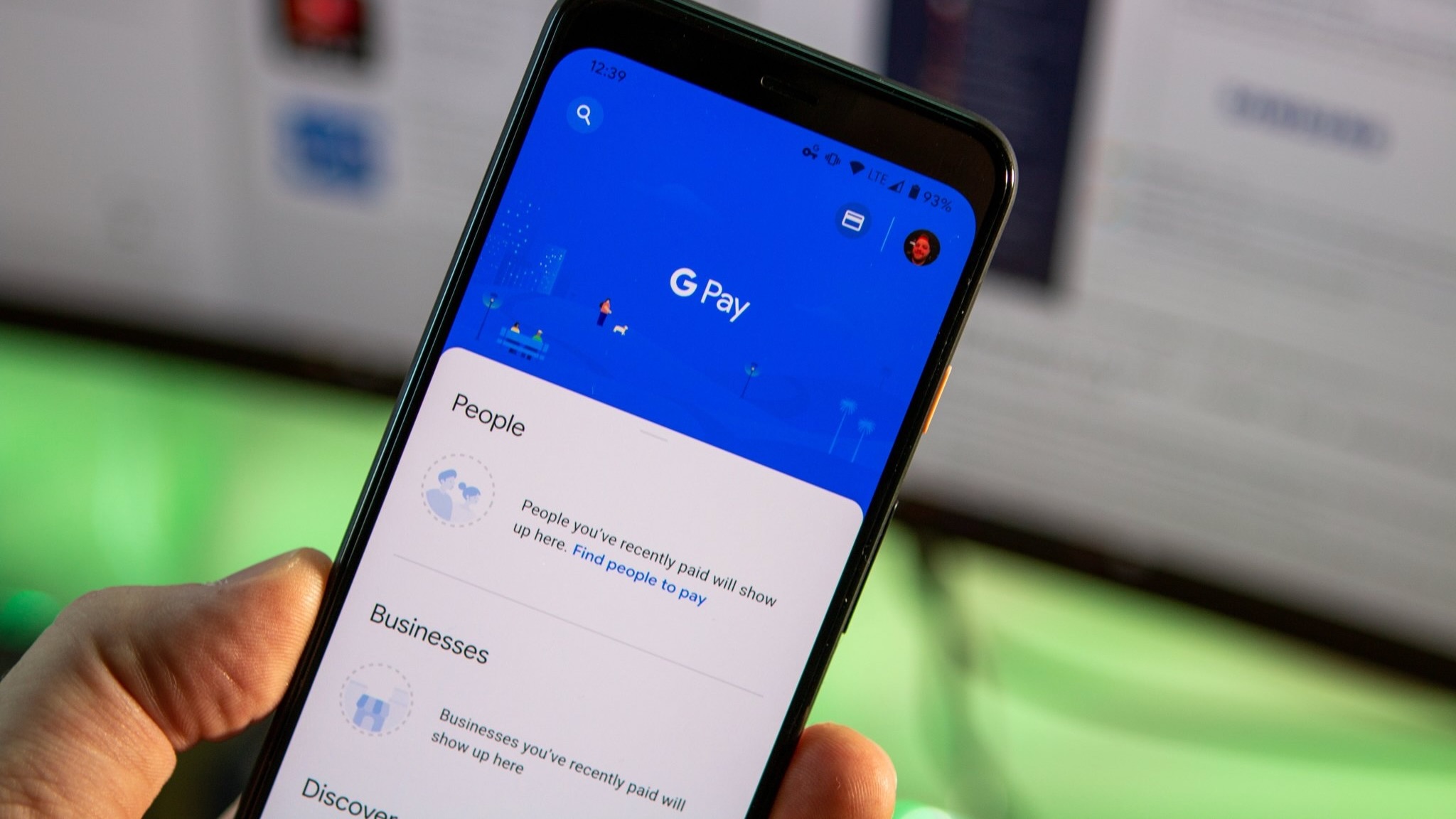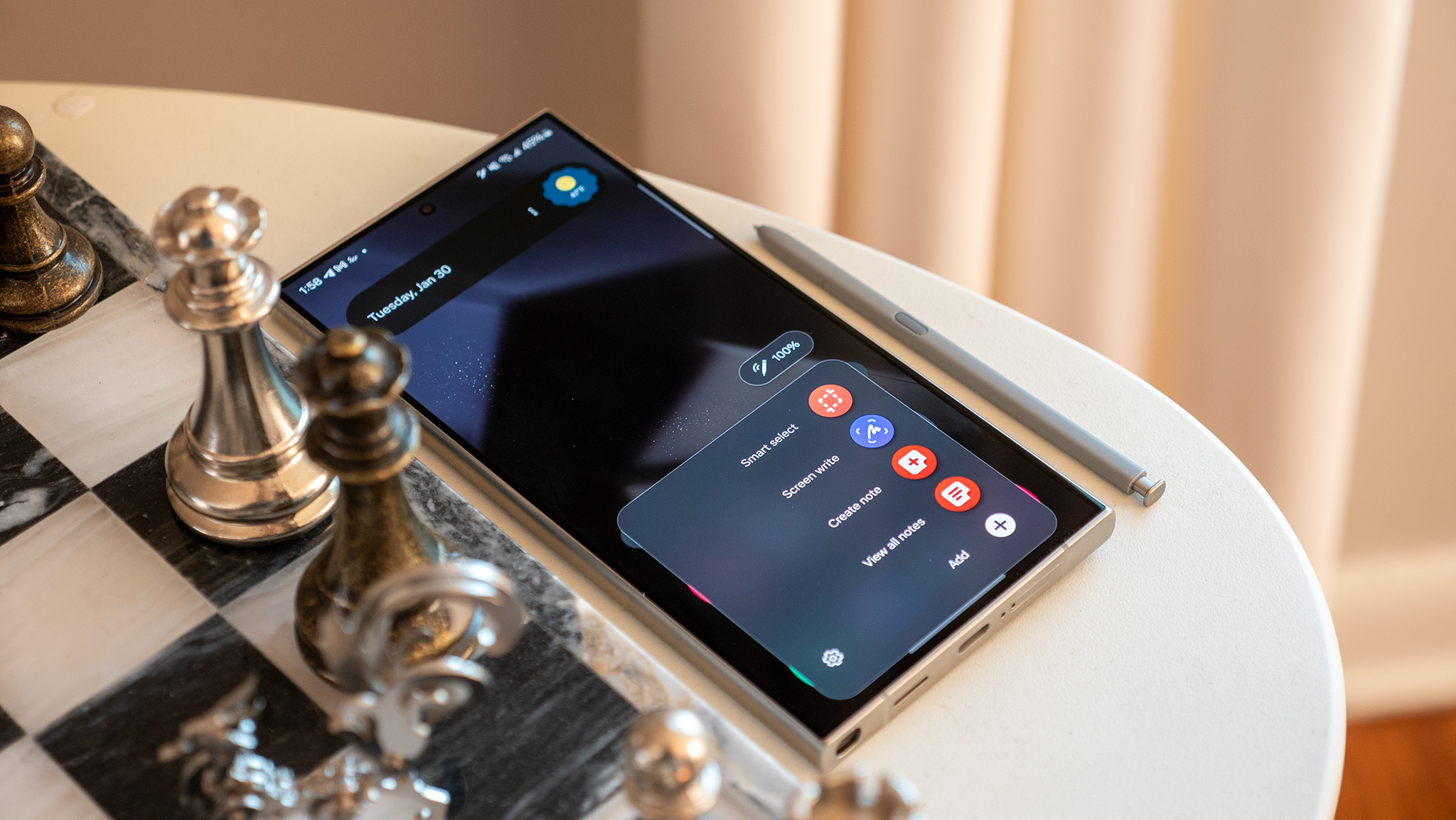Google is suing to block CFPB oversight over Google Pay, calling it 'government overreach'
The Consumer Financial Protection Bureau recently finalized regulations aimed to supervise digital payment conglomerates.

What you need to know
- The US Consumer Financial Protection Bureau recently finalized a rule that would place Google's payment services under federal supervision.
- While supervision doesn't mean a particular company has engaged in wrongdoing, it does identify that it poses "risks to consumers."
- Google is claiming that the basis for supervision, complaints regarding Google Pay, shouldn't stand since the service was shuttered in the US, and is no longer available.
The US Consumer Financial Protection Bureau aims to supervise non-bank payment apps, mostly hosted by big tech companies, with a finalized rule set to take effect next month. Corporations that handle more than 50 million transactions per year will be subject to supervision, including the likes of Apple, Google, and Amazon. But one company, Google, is trying to block the move with a lawsuit filed last week, according to TechCrunch.
The CFPB is targeting non-bank companies that host wallet apps and digital payment services because the body wants these corporations to follow the same rules, and supervisory examinations, as banks and credit unions. The Bureau claims it "always had enforcement authority over these companies." Now, the official rule gives it the explicit authority to conduct proactive examinations of these non-bank companies hosting such services.
Reuters reports that the CFPB took nearly 300 customer complaints into consideration when it determined Google's payment services posed "risks to consumers." It's important to note, however, that this does not mean the company has engaged in wrongdoing. Google Payment Corp., a subsidiary, failed to investigate customer complaints regarding errors and other violations, according to the CFPB.
Google Payment Corp., meanwhile, is suing on the basis that the CFPB's designation relied on "a small number of unsubstantiated complaints" about Google Pay, which is no longer offered in the US, per Reuters. "As a matter of common sense, a product that no longer exists is incapable of posing such risk," the company wrote in the filing.
Google Pay was discontinued in the US in June, and Google no longer offers peer-to-peer payment services in the country. However, some Google Pay offerings — such as contactless digital payments at retailers — are now available as part of the Google Wallet app. Even though Google Pay is discontinued, the CFPB's rule says it requires oversight.
"Even when firms choose to discontinue offering payments to other consumers, or have not yet enabled that capability in the United States," the rule explains, "their general-use digital payment applications still comprise part of the overall market described in the Final Rule, which includes but is not limited to digitally facilitating consumer payment transactions for purchases."
The rule was published in the Federal Register today, and will take effect on Jan. 9, 2025.
Be an expert in 5 minutes
Get the latest news from Android Central, your trusted companion in the world of Android
"This is a clear case of government overreach involving Google Pay peer-to-peer payments, which never raised risks and is no longer provided in the U.S., and we are challenging it in court," a Google spokesperson told TechCrunch.
As Google's lawsuit begins, there are a number of questions whether the CFPB's plan to supervise non-bank digital payment services will continue when President-elect Donald Trump's administration takes over next year. Under President Biden, the CFPB aggressively sought to make new rules, and this effort has reportedly continued even after Trump's election victory in November.

Brady is a tech journalist for Android Central, with a focus on news, phones, tablets, audio, wearables, and software. He has spent the last three years reporting and commenting on all things related to consumer technology for various publications. Brady graduated from St. John's University with a bachelor's degree in journalism. His work has been published in XDA, Android Police, Tech Advisor, iMore, Screen Rant, and Android Headlines. When he isn't experimenting with the latest tech, you can find Brady running or watching Big East basketball.
You must confirm your public display name before commenting
Please logout and then login again, you will then be prompted to enter your display name.
